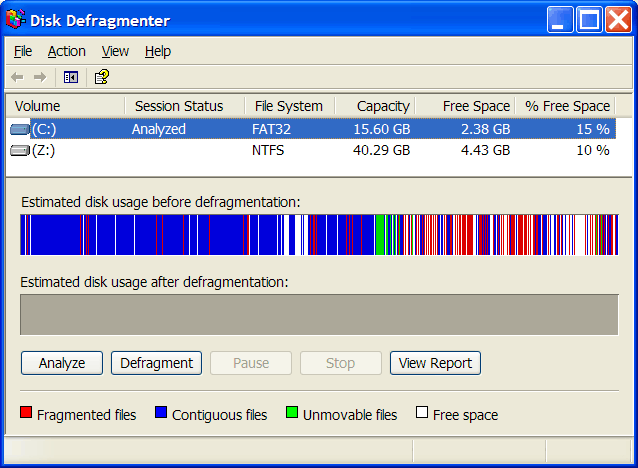

In absolute worst case scenario, that's on 36.5 TB/year.

I only use my computers for a few hours a day, but let's say I used it for work and spent all day on it and I wrote 100GB a day, 7 days a week. Let's take the worst number and round it to an even 20. The oldest SSD in my house shows 1649 days powered on (roughly 4.5 years) shows and average write of 10 GB/day on the other four SSDs show numbers anywhere from 17GB/day to 4GB/day. To put that into perspective: if you filled a 250GB SSD to absolute capacity and then performed a single pass secure wipe (that every loves to freak out about because it shortens the lifespan) EVERY SINGLE DAY, without fail It would still take over 13 YEARS to write 2.4 Petabytes. I don't think you can shorten a SSD's lifespan with defraging so much that it actually matters. So, I found the article again where they had some SSDs running for a few years.Īfter 2.4 PETABYTES were written to a 840 Evo it died. TRIM forces the whole SSD to go through this process at once so that the SSD controller can do the job of reading/writing without having to deal with remarking the parts that need to be deleted and cleared before writing over old data. When the OS marks X file as deleted, it gets marked, but when the SSD wants to write on that area where X file used to be, it needs to read, mark, write, delete and free up space. SSD's on the other hand handle deleted files differently. The OS can overwrite those files at any time. For HDD's, when a file is deleted it is "marked" as deleted and that's all. Can someone make clear the differences? I tried a few google searches but all I found was "don't defrag SSD's"ĭefragging physically moves the data on the platter so that large files are in 1 continuous area instead of parts here and there. I have someone telling me that trimming an SSD is the same thing as defragmenting an HDD, and that you can defrag SSD's.


 0 kommentar(er)
0 kommentar(er)
